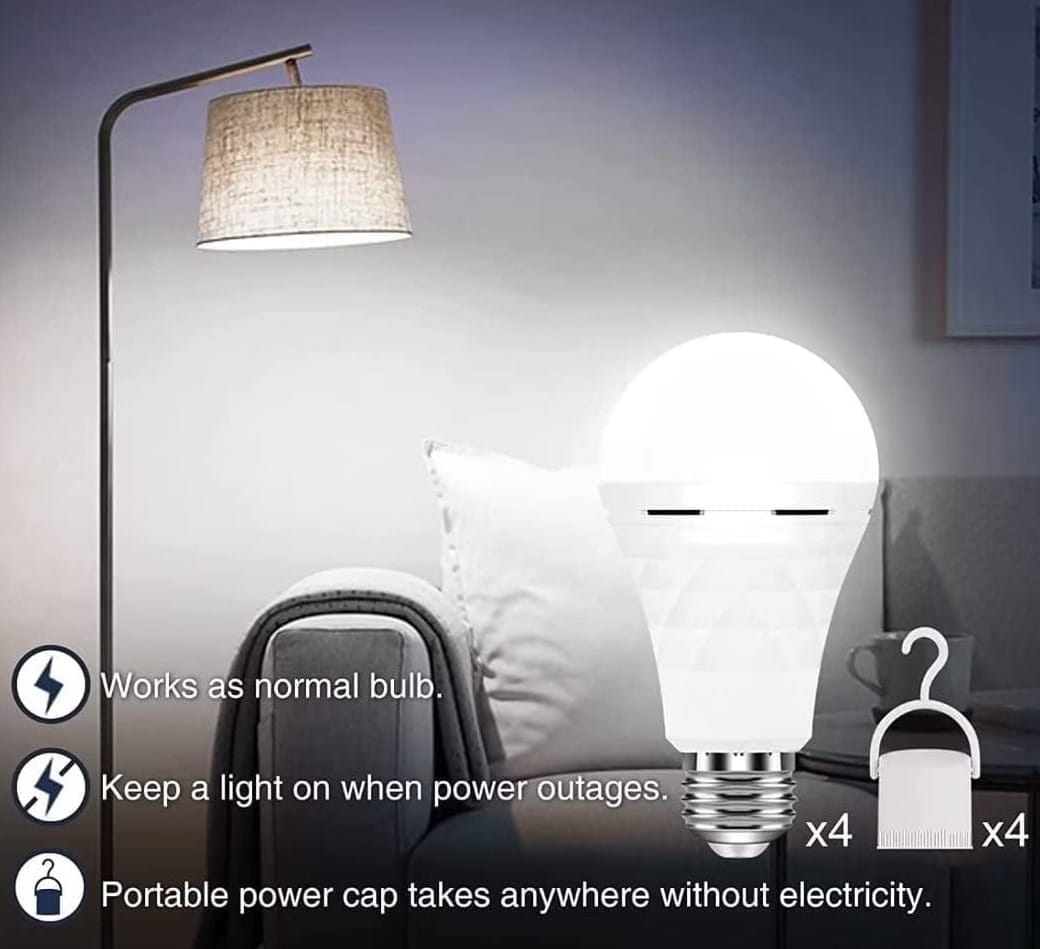Key Takeaways:
- Rechargeable light bulbs typically stay on for 3 to 8 hours when fully charged.
- Factors such as brightness, battery quality, and usage frequency affect the duration.
- Rechargeable bulbs are energy-efficient and can save money in the long run.
Introduction
Rechargeable light bulbs have become a popular choice for many households and businesses. They offer a reliable source of light during power outages and are an energy-efficient alternative to traditional incandescent bulbs. But how long do rechargeable light bulbs stay on? This article delves into the factors that influence the duration of these bulbs and provides practical insights to help you make the most of your rechargeable lighting solutions.
Understanding Rechargeable Light Bulbs
Rechargeable light bulbs are equipped with an internal battery that stores energy when connected to a power source. These bulbs can be used in standard light fixtures and are designed to provide illumination even when the electricity is out. The stored energy in the battery backup allows the bulb to function independently of the main power supply.
The duration for which a rechargeable light bulb stays on varies based on several factors. Typically, these bulbs can last anywhere from 3 to 8 hours on a full charge. However, the exact duration depends on the bulb's brightness, the quality of the internal battery, and how frequently the bulb is used.
Factors Affecting Duration
Brightness and Wattage
The brightness of a rechargeable light bulb, measured in lumens, plays a significant role in determining how long it will stay on. Higher brightness levels require more energy, which can reduce the duration the bulb stays lit. For instance, a bulb with a brightness of 800 lumens will consume more power than one with 400 lumens, leading to shorter battery life.
Wattage is another critical factor. LED bulbs, known for their energy efficiency, typically consume less power compared to incandescent bulbs. A 10-watt LED bulb can produce the same brightness as a 60-watt incandescent bulb, making it a more efficient choice for longer-lasting light.
Battery Quality and Capacity
The quality and capacity of the internal battery significantly impact the duration of the light. High-quality batteries with larger capacities can store more energy, allowing the bulb to stay on for extended periods. It's essential to choose rechargeable bulbs with reliable batteries to ensure consistent performance.
Additionally, the type of battery used in the bulb can affect its longevity. Lithium-ion batteries are commonly used in rechargeable bulbs due to their high energy density and long life. These batteries can be recharged multiple times without significant degradation, making them a suitable choice for long-term use.
Usage Frequency and Charging Habits
Frequency of Use
How often you use the rechargeable light bulb can also influence its duration. Frequent use can lead to faster depletion of the battery, reducing the time the bulb stays on. It's advisable to use these bulbs sparingly during power outages to maximize their lifespan.
For example, using the bulb for a few hours each night in a basement or storage room can help conserve battery life. On the other hand, using it continuously for extended periods can drain the battery quickly, requiring more frequent recharging.
Charging Practices
Proper charging practices are crucial for maintaining the battery's health and ensuring the bulb stays on for as long as possible. It's essential to fully charge the bulb before using it, as partial charges can reduce the battery's overall capacity. Using a high-quality charger designed for the specific bulb can also help maintain optimal performance.
Avoid overcharging the bulb, as this can lead to battery degradation. Most rechargeable bulbs come with built-in mechanisms to prevent overcharging, but it's still important to follow the manufacturer's guidelines for charging.
Environmental Factors
Temperature and Storage Conditions
Environmental factors such as temperature and storage conditions can affect the performance of rechargeable light bulbs. Extreme temperatures, both hot and cold, can impact the battery's efficiency and reduce the duration the bulb stays on. It's best to store and use these bulbs in moderate temperatures to ensure optimal performance.
For instance, using a rechargeable bulb in a cold basement can reduce its battery life, while storing it in a hot attic can lead to battery degradation. Keeping the bulb in a cool, dry place when not in use can help maintain its longevity.
Humidity and Moisture
Humidity and moisture can also affect the performance of rechargeable light bulbs. Excessive moisture can damage the internal battery and reduce its capacity. It's important to use these bulbs in dry environments and avoid exposing them to water or high humidity levels.
For example, using a rechargeable bulb in a damp basement or bathroom can lead to reduced battery life and potential damage. Ensuring the bulb is kept dry and free from moisture can help maintain its performance and longevity.
Practical Examples and Case Studies
Home Use During Power Outages
Rechargeable light bulbs are particularly useful during power outages. For instance, a family in a suburban home might use these bulbs to light up their living room and kitchen during a blackout. By using energy-efficient LED bulbs with high-quality batteries, they can ensure the lights stay on for several hours, providing much-needed illumination until the power is restored.
In another example, a homeowner might use rechargeable bulbs in their basement to provide light during power outages. By using the bulbs sparingly and ensuring they are fully charged, they can maximize the duration the lights stay on, providing a reliable source of light in an otherwise dark space.
Outdoor and Emergency Use
Rechargeable light bulbs are also ideal for outdoor and emergency use. For instance, a camper might use these bulbs in their tent or RV to provide light during nighttime activities. By choosing bulbs with high-capacity batteries and energy-efficient LED technology, they can ensure the lights stay on for extended periods, making their camping experience more enjoyable.
In an emergency, such as a natural disaster, rechargeable light bulbs can provide a reliable source of light when traditional power sources are unavailable. For example, a family affected by a hurricane might use these bulbs to light up their home and provide a sense of normalcy during a challenging time.
Choosing the Right Rechargeable Light Bulb
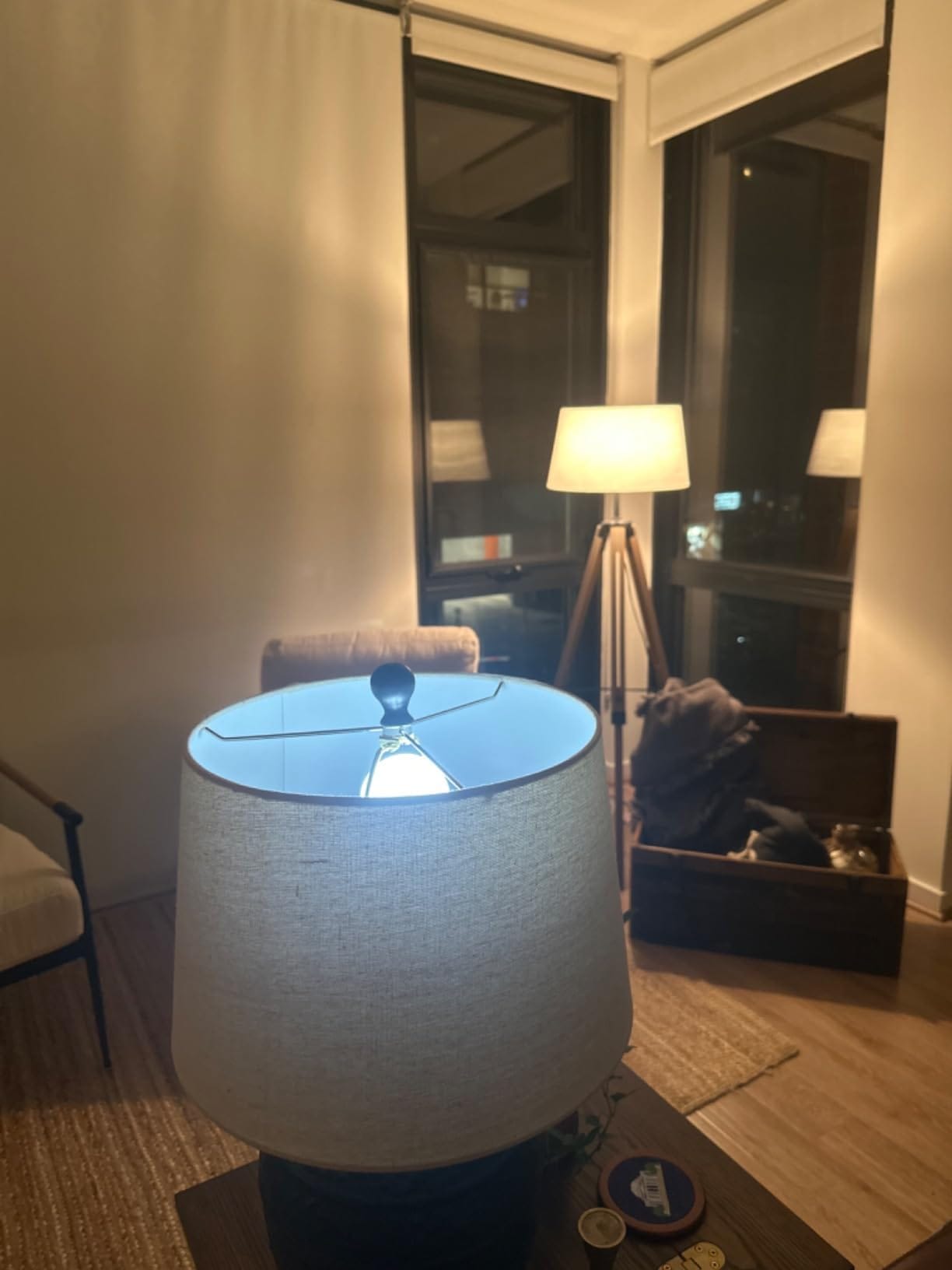
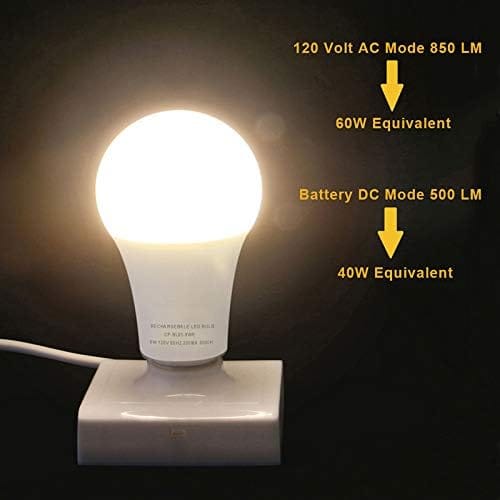

Consider the Features
When selecting a rechargeable light bulb, it's important to consider the features that will best meet your needs. Look for bulbs with high brightness levels, energy-efficient LED technology, and high-quality batteries. Additionally, consider the bulb's wattage and how it will fit into your existing lighting setup.
For example, if you need a bulb for emergency use, choose one with a high-capacity battery and long-lasting performance. If you're looking for a bulb to use in your home, consider one with adjustable brightness levels and energy-saving features.
Brand and Quality
The brand and quality of the rechargeable light bulb can also impact its performance and longevity. Choose bulbs from reputable brands known for their reliability and quality. Reading customer reviews and seeking recommendations from friends and family can help you make an informed decision.
For instance, a well-known brand with positive reviews is more likely to provide a reliable and long-lasting product compared to a lesser-known brand with mixed reviews. Investing in a high-quality rechargeable bulb can save you money in the long run by reducing the need for frequent replacements.
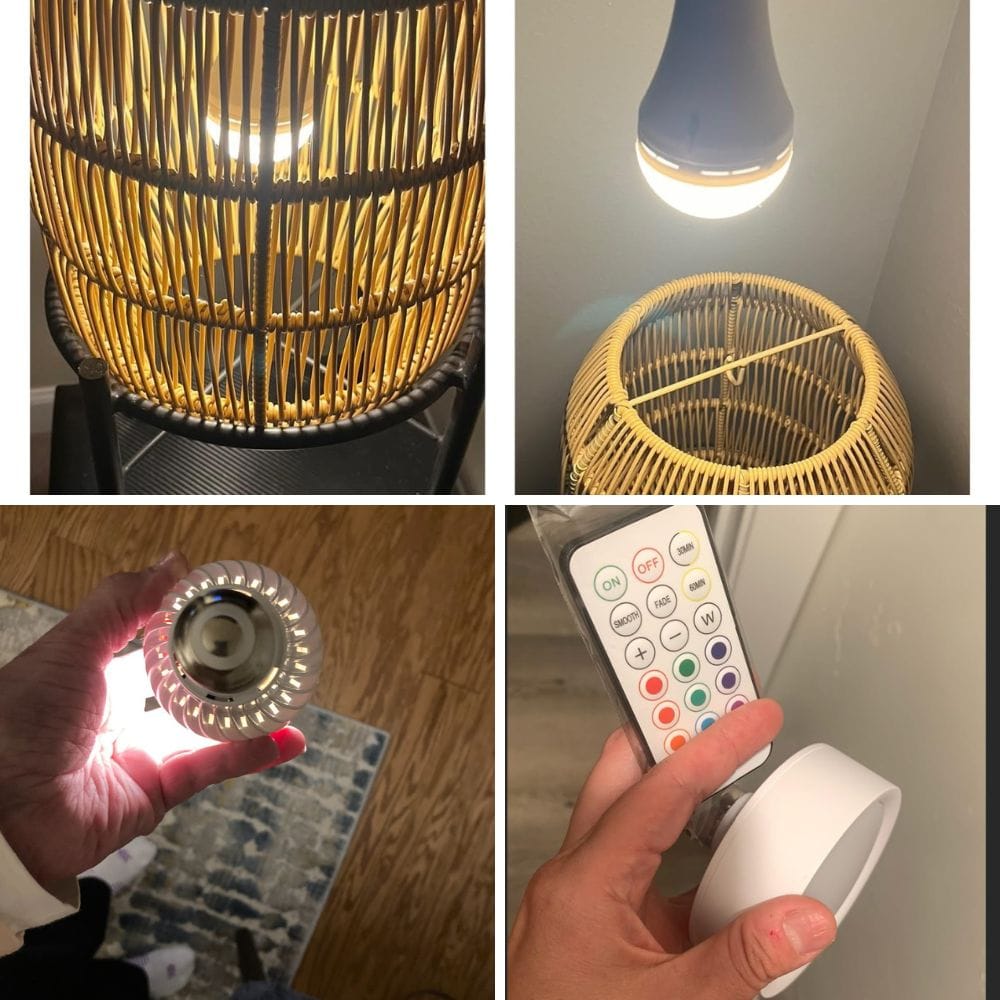
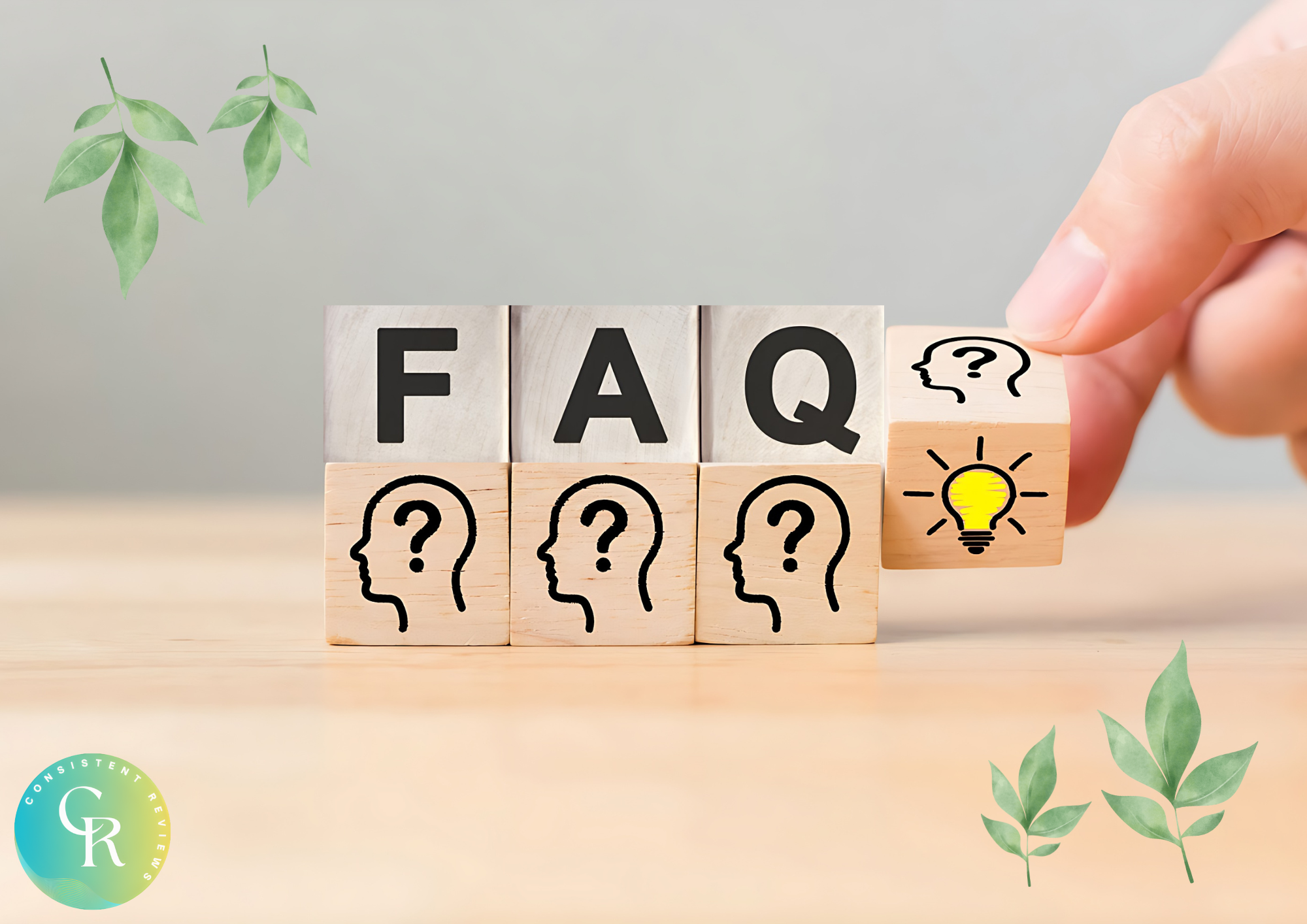
How long do rechargeable light bulbs stay on?
Rechargeable light bulbs typically stay on for 3 to 8 hours when fully charged. The exact duration depends on factors such as brightness, battery quality, and usage frequency.
Can rechargeable light bulbs be used in any light fixture?
Yes, rechargeable light bulbs can be used in standard light fixtures. They are designed to fit into regular sockets and provide illumination even when the main power supply is unavailable.
How can I extend the life of my rechargeable light bulb?
To extend the life of your rechargeable light bulb, follow proper charging practices, use the bulb sparingly during power outages, and store it in a cool, dry place. Additionally, choose high-quality bulbs with reliable batteries for optimal performance.

Rechargeable light bulbs are a versatile and energy-efficient lighting solution that can provide reliable illumination during power outages and other situations. The duration these bulbs stay on depends on factors such as brightness, battery quality, usage frequency, and environmental conditions. By choosing high-quality bulbs, following proper charging practices, and considering the specific needs of your space, you can maximize the performance and longevity of your rechargeable light bulbs.



